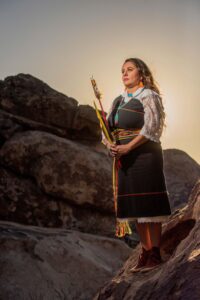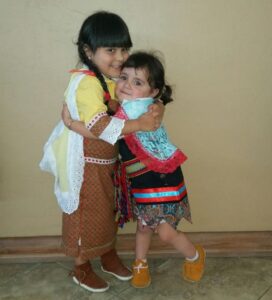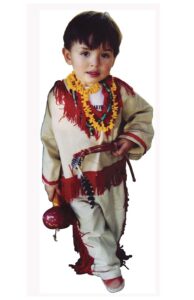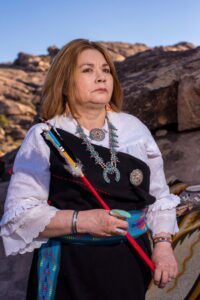The Wounds of Colonization
By
Patricia Riggs
2022 Chihuahuan Desert Cultural Fellowship Fellow
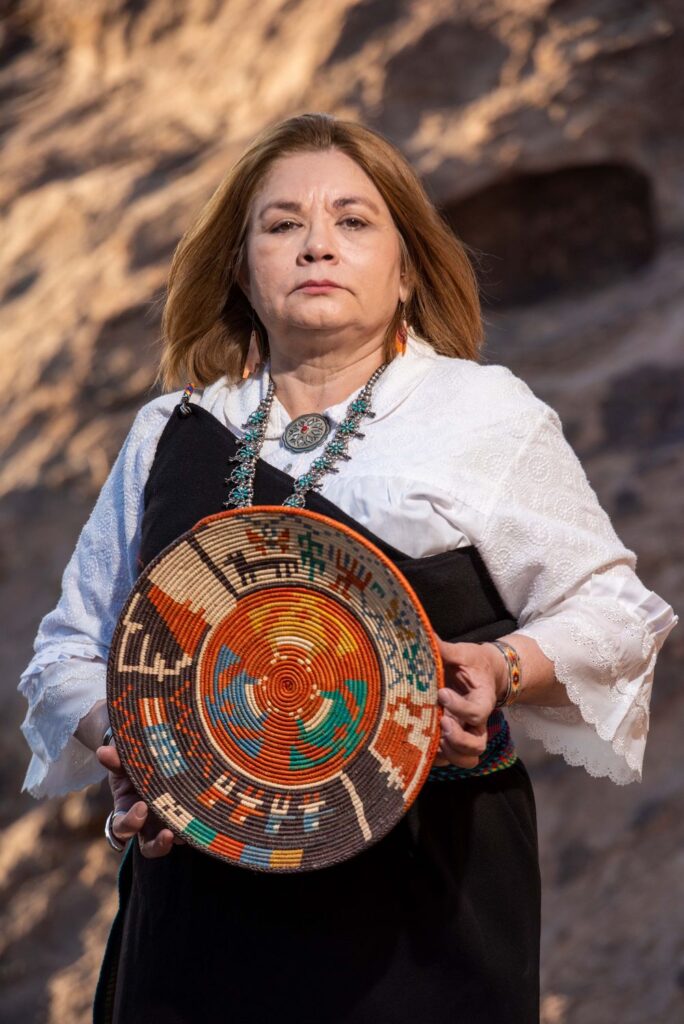 A member of the Ysleta del Sur Pueblo, Patricia Riggs is a writer, poet, consultant, and community-based educator. She writes short stories and poetry about her experiences as an Indigenous woman. Through her cultural practice, she focuses on the native viewpoints of history and colonization, the struggles to retain community and culture, and the successes of maintaining identity and traditions.
A member of the Ysleta del Sur Pueblo, Patricia Riggs is a writer, poet, consultant, and community-based educator. She writes short stories and poetry about her experiences as an Indigenous woman. Through her cultural practice, she focuses on the native viewpoints of history and colonization, the struggles to retain community and culture, and the successes of maintaining identity and traditions.
Patricia has a long history of community service and education. As the Ysleta del Sur Pueblo Director of Economic Development from 2007 to 2014, she advanced the Pueblo’s economic development strategic goals, secured financial resources, infrastructure, and economic policy. As an independent Indigenous consultant, she has advised multiple Native Nations and assisted organizations such as the Harvard Project on American Indian Economic Development, Native Nations Institute, Tribal Law and Policy institute, and the National Congress for American Indians. Patricia also has professional experience developing health programs and policy for underserved communities. She is dedicated to the sacred connection of the Tigua people to land and ceremony and is an ardent participant of Tigua traditional doings and the cultural life of the Pueblo.
As a member of the second cohort of La Semilla’s Chihuahuan Desert Cultural Fellowship, Patricia is focusing on creating more educational resources about the history of Indigenous foods and how the loss of and disconnect from these foods has impacted community health. She is also interested in exploring how traditional practices and heritage foods can support western-based medicine. Patricia is also working on a manuscript that will be published in the future as a collection of her poetry, short stories, and other writing.
Patricia has written the following piece for our blog about the histories and contemporary impact of colonization in the borderlands.
***
Blemished by the wounds of colonization, the backdrop of my life is scarred. I am a descendent of a strong and spirited Pueblo people whose songs carry the message of the ancestors. Tradition is a gift from the Creator. Prayers are instilled in the womb and carried with us to the clouds at death. Waking to the beauty of dawn and the sound of women grinding corn. The people once looked beyond the farms, the river, landscape, and mountains to the skies. The ancestors instructed the cosmic map that guided our way of life and existence. Mother Earth nurtured and comforted us and fulfilled us physically and spiritually.
My ancestors lived a self-governed existence in economically thriving and culturally fertile nations. Farmers, architects, scientists, artisans, historians, storytellers, healers, and spiritual leaders contributed to the Pueblo society. Then colonization disrupted our communities, kinship, culture, economies, social structures, and self-determination. The Europeans sought to eradicate our Pueblo way of life. Their intentions were to enslave, oppress, exploit, and repudiate our spirituality and humanity. So, we revolted. Most Pueblos survived the war, but many Isletans were captured and forcibly relocated to El Paso where they later re-established the Pueblo of Ysleta del Sur.
While captured and persecuted, the original teachings remained in the hearts of the people. The surviving ancestors endured by rebuilding, farming, thriving, and living from the land. Then, more people came. Brutally they seized or forbade access to all that they could–the land, the farms, and the water systems. Also, denying the sacred, the language, the prayers, and the dances. Settler-colonialism and its appropriation was all whitewashed by Manifest Destiny as their so-called right to expand territory, capitalism, and democratic systems.
It is time for truth-telling. They encroached on more than land. They violated our women, our children, and our human rights to practice our religion and to raise and feed our families. The colonizing settlers denied women of their voice and their rightful place in the community–to be matriarchs, owners of the homes, and contributors with value. Fundamental freedoms to live in the way of one’s own belief systems, disrespected and denied.
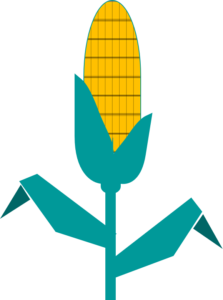 Once they seized all economic means, they moved for assimilation to remove the children, to break up families, and to destruct the soul. Today, as Pueblo women, it is a continual challenge to assert voice and agency, as we struggle to live our authentic lives.
Once they seized all economic means, they moved for assimilation to remove the children, to break up families, and to destruct the soul. Today, as Pueblo women, it is a continual challenge to assert voice and agency, as we struggle to live our authentic lives.
Resistance and survival are merged. Taking on new practices to reclaim our personal and tribal nationhood autonomy, we have survived and we have braved. We learned to redefine the terms on which we will live in a cross-cultural existence. We disaffirm the forced and superficial western views. Instead, we regard our time-honored systems and revere our own values. Today, we demand to celebrate our culture and repeal the attacks as the insecurities or pilfering of those that do not understand or even want to.
Still, we see beauty in the corn planted by the hands of our people, the clouds calling on the seeds to produce, and the rain dancing on the ground as the seedlings sprout. Corn represents the seeds of humanity and the breath of life. The scars remain and serve as reminders to persist and to share the gifts from the Earth. We find healing in the corn, the dances, and the land. Holding on to ancestral principles while embracing life in the present. Yet, we still mourn for all that remains scarred such as the river and the once fertile valley.
I offer prayers that all native nations grow stronger. That their children remain raised by their kin. The future generations know their language and culture. That Elders live long and teach the knowledge they hold. That their citizens do not experience violence, hatred, poverty, and oppression. That as nations they are governed by the original instructions that their forebearers intended. That they have access to healthy indigenous foods.
Patricia’s grandchildren (from top to bottom): Leah, Anevay, and Tony
My heart is scarred and healing. Compassion from supportive friends, like La Semilla, compels me to find meaning in the wounds. I am appreciative of the gifts from La Semilla and their efforts to reclaim our bodies, our health, and our indigenous female embodiment. La Semilla brings community together to shine a light on native food systems and educate about how colonized capitalist food systems are the root cause of poor health. The women of La Semilla are commended for their push to encourage indigenous autonomy, resilience, and their drive to support food justice, land justice, and social justice.
All photos and graphics were provided by Patricia Riggs.


